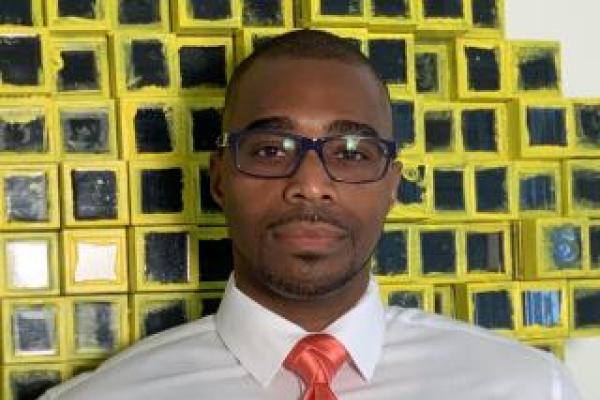
Please join us as we host Dr. Rashawn Ray the David M. Rubenstein Fellow at The Brookings Institution and Professor of Sociology at the University of Maryland for the first virtual Form Huber Colloquium on Friday October 30th, 2020 from 12:30p-1:45pm. Dr. Ray’s title and abstract are below.
Title: Bad Apples come from Rotten Trees in Policing: Pursuing Racial Equity in Policing
Abstract: George Floyd’s death significantly shifted public opinion as 76% of Americans (including 71% of Whites) agreed that incidents such as the killing of Floyd are signs of racism within law enforcement. This racial awakening and acknowledgement of racism is further confirmed by police brutality inflicted onto protestors and highlighted in the killing of Breonna Taylor and the shooting of Jacob Blake. While the public outcry often includes the views of the general public, missing, especially in the academic literature, are police officers themselves as well as a proper evaluation of use of force and proposed reforms (such as defund the police). Over the past several years, Ray collected interview, survey, social media, and virtual reality data with police officers, activists, and civilians. His findings show how implicit bias contributes to racial disparities in policing. His research indicates that police reforms focused on implicit bias trainings and body-worn cameras fall short because they do not address how the structural, cultural, and organizational components of policing obstruct accountability and contribute to over-policing, racial profiling, and racial disparities in policing killings. Ray concludes by discussing how a series of evidence-based policy prescriptions that focus on reallocating and shifting funding within police department budgets and innovative trainings using virtual reality technology can help transform policing in America.
Click Here to Join Zoom Meeting
Meeting ID: 958 0660 1583
Password: 008420
OR
Dial by your location
+1 312 626 6799 US (Chicago)
+1 646 876 9923 US (New York)
+1 651 372 8299 US (St. Paul)
+1 301 715 8592 US (Germantown)
+1 346 248 7799 US (Houston)
+1 408 638 0968 US (San Jose)
+1 669 900 6833 US (San Jose)
+1 253 215 8782 US (Tacoma)
